Ancestral Womb and Postpartum Care Program
In partnership with Harvest of All First Nations (HAFN) and Drylands Agroecology Research (DAR)
In collaboration with HAFN and DAR, Community Roots Midwife Collective’s Ancestral Womb & Postpartum Care (AWPC) Program—an Indigenous-led partnership—centers Indigenous peoples and people of color to revitalize traditional Indigenous midwifery, postpartum and healing ceremonies, and nourishing collective rematriation within Colorado. Our offerings, guided by our communities and Concilio, include Closing of Bones/Cerrada de Caderas ceremonies, First Moon: Coming of Age Circle, knowledge shares, and a medicinal garden.
AWPC Concilio
AWPC operates through the leadership of an organically formed Concilio, a consensus-based decision-making model of communal governance. Our Concilio is a non-hierarchical “council” that is predominantly Indigenous. There is no one person in a leadership position, rather we invite collective caretaking and power distribution to disrupt colonial structures of hierarchical leadership.
Maria Christina, aka Mamita, is a Mama of 3 little wildlings, Folk Herbalist, avid Homesteader and trained psychotherapist. Her passion for herbal medicine and helping others led her to birth Mamita’s Herbitas.; homegrown and wildcrafted boutique botanicals, blended with love, prayer and fire. Maria Christina is a student of Mayan Cosmology through the House of 13 Eagles, and an active council member of the Ancestral Womb and Postpartum Care Program. Woven with Mexica and Eurocentric lineages, she holds the balance and beauty of diverse worlds. She weaves together her knowledge in mindfulness, connection to the natural world, and ancestral healing in her workshops, private practice, and herbal medicines, for full integrative physical, spiritual, and emotional wellness.
Christina
Mariamor is a Postpartum Doula, Folk Herbalist, and student of the plants. Mariamor’s lineage comes from Honduras and Guatemala. She has studied deeply with the Yucatec Maya lineage to learn about womb care, abdominal massage and working in right relationship with the plants for healing support. She teaches herbal classes, holds Closing of the Bones Ceremonies and offers womb massage & plant healing sessions. She is devoted to helping others connect with their true authentic nature, the spirit of the plants and supporting people in connecting with the medicines of the Earth. Mariamor offers Yucatec Maya healing sessions which include setting intentions, working with plants, prayers, elements, and womb massage. You can find out more at sweetmedicinebymariamor.com
Mariamor
Aracely Navarro is a first-generation Chicana, daughter of Mexican and Guatemalan immigrants. Aracely believes deeply that there is great healing and decolonization needed for the land and the people. For this reason, Aracely's work centers Environmental Justice, reproductive justice and the healing of her community, the Mother Earth, all the generations. Aracely holds a Master of Public Health in Environmental Health from Emory University, as well as a Bachelor of Arts in Environmental Science from Colorado College. Aracely loves learning about herbal medicine, birth work and regenerative agricultural practices. Her heart is truly in this work to heal the community and protect Mother Earth and all of her children. Aracely will always welcome you with an open heart and a ready ear!
Aracely
Lo Kawulok is a mother, midwife, and community advocate that has been supporting pregnant people and families as a full- spectrum, reproductive healthcare worker for about 20 years. Lo is deeply connected to the spiritual and midwifery traditions of indigenous Mexica and Mayan roots, and honored to be a devoted guest to these teachings. She is inspired and trained by her ancestors, helping spirits, and current mentor Ann Drucker, guided by the precious teachings of Miss Beatrice Waight in the Yucatec Maya traditions. Se habla español.
Lo
As a graduate of Environmental Studies and the Psychology of Health and Healing at Naropa University, Marissa is passionate about igniting the innate human-earth connection within herself and others. She runs Folk Farm at Elk Run, encouraging play and the importance of intuition. A trained Doula, skilled herbalist, and cultural advocate, Marissa continues to evolve through practicing ritual, embodiment, and communication with the unseen.
Marissa
Josie is an Indigenous mama to a magical child who was born in the home of her grandparents, daughter of migrants and Earth-tenders from Zacatecas, México, an Olorisa Oní Chango, and a plant persun. She coordinates the Ancestral Womb and Postpartum Care Program, co-leads First Moon: Coming of Age Circle and Círculo de Vida, a Spanish-speaking lactation support group for mamas de habla hispana, and an Auricular Acu-Technician. She is a student to Mesoamerican midwifery teachings shared by her elders, teachers, and guides. Josie's heartwork is supporting the generational healing and wellness of people of the global majority/BIPoC and working class, migrant communties, mamas, youth, and children with the prayer of cultivating collective sovereignty and liberation.
Josie
It is an honor to be connected with ancestral womb and postpartum care. From the moment I entered this community, I felt the beauty of women coming together in compassion and love. Witnessing how they cared for one another awakened something deep within me. A remembrance of sisterhood and what it means to give from the heart.
Beverly
The Cerrada de Caderas (Closing of the Bones)
An ancestral practice that supports the postpartum body, spirit, and energy field. This ceremony includes:
An herbal bath to invite the spirit back into the body
Abdominal massage to tend the womb and support healing
Closing of the Bones with Rebozos (traditional woven scarves) to energetically and physically close what was opened during birth
Fire and sacred instruments to regenerate and rebalance the physical, emotional, and spiritual bodies
In many traditions, Cerradas are offered in a Temazcalli. We currently offer Cerradas in-home or with the support of a cedar sauna seasonally, with hopes of building a traditional Temazcalli in the future.
Financial offerings and additional funding help support those who wish to receive the ceremony yet are unable to pay. We have an application available for every participant to help navigate the financial aspect.
We recognize the lineage of these traditions (Mesoamerican) and center the voices and teachings of those carrying it from their origins.
First Moon Ceremony
First Moon is our coming-of-age circle for young people of color, guided by Indigenous adult leaders and held as a sacred, celebratory transition into adolescence. We welcome youth entering or moving through puberty—including those who haven’t begun bleeding—to connect with ancestral knowledge, body literacy, practical skills, and community care. Circles meet monthly with separate cohorts for ages 9–11 and 12–14.
This offering is free of charge to families. Our 2025–26 cohort is currently closed. For more information, please email Josie, First Moon Co-Lead, directly.
AWPC Garden
Our Medicinal Garden nourishes our relationship with the Earth and the plant beings who generously share their wisdom, teachings, and medicine with us.
The garden is guided by our Concilio member Christina Lopez and her family at their home, the Cavez Homestead. The garden is also supported by our friends at DAR and our AWPC cohort. This land is home to many of the plants that are essential to our Cerrada de Caderas offerings and teachings year round.
Knowledge Shares
We offer seasonal gatherings which bring together our larger AWPC community. During these gatherings, teachings are shared by guides among group and guest teachers from local and greater communities.

We hope to receive additional funds and support to build a traditional Temazcalli, bring elders to share more of these sacred teachings, and to support the community in receiving Cerradas.


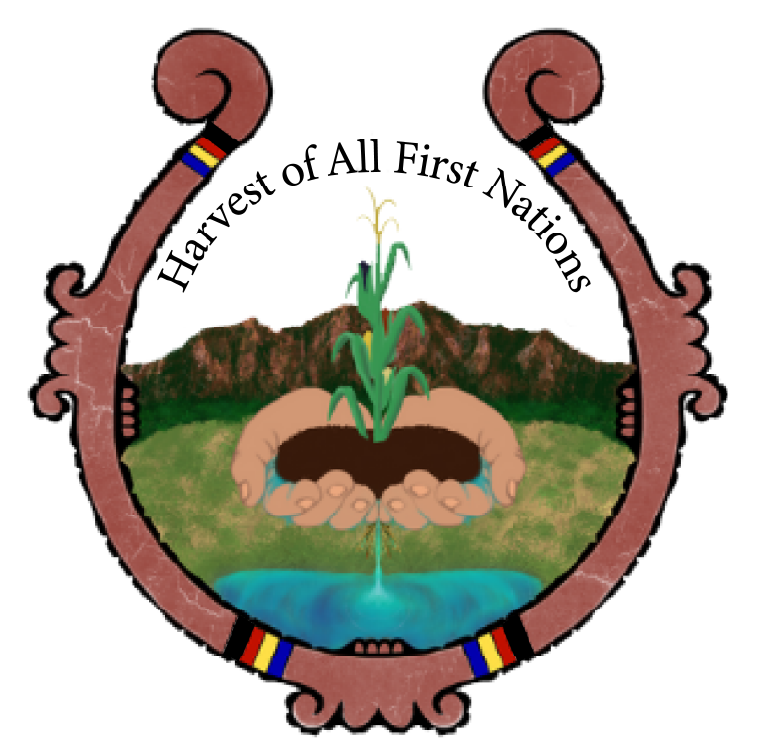

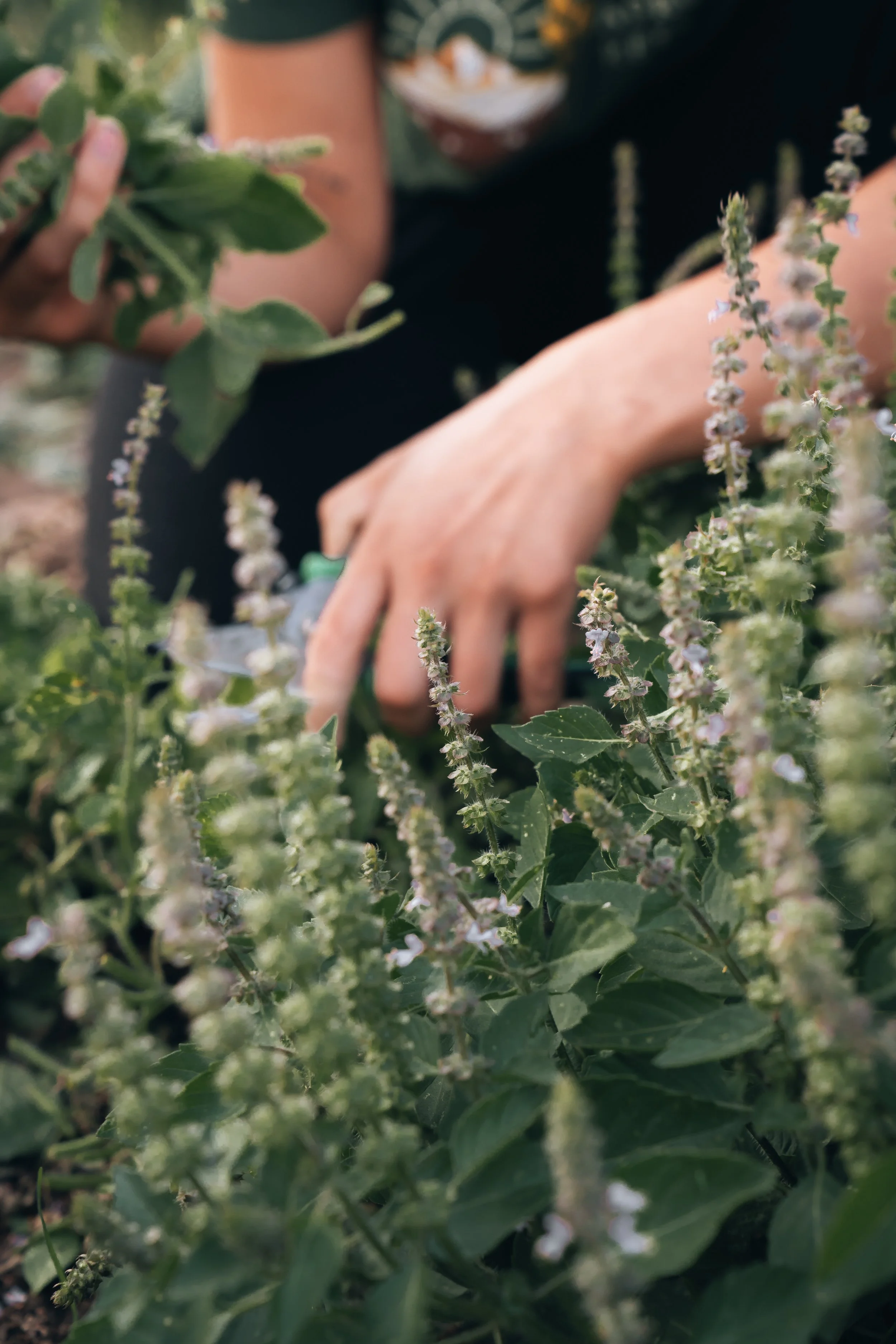

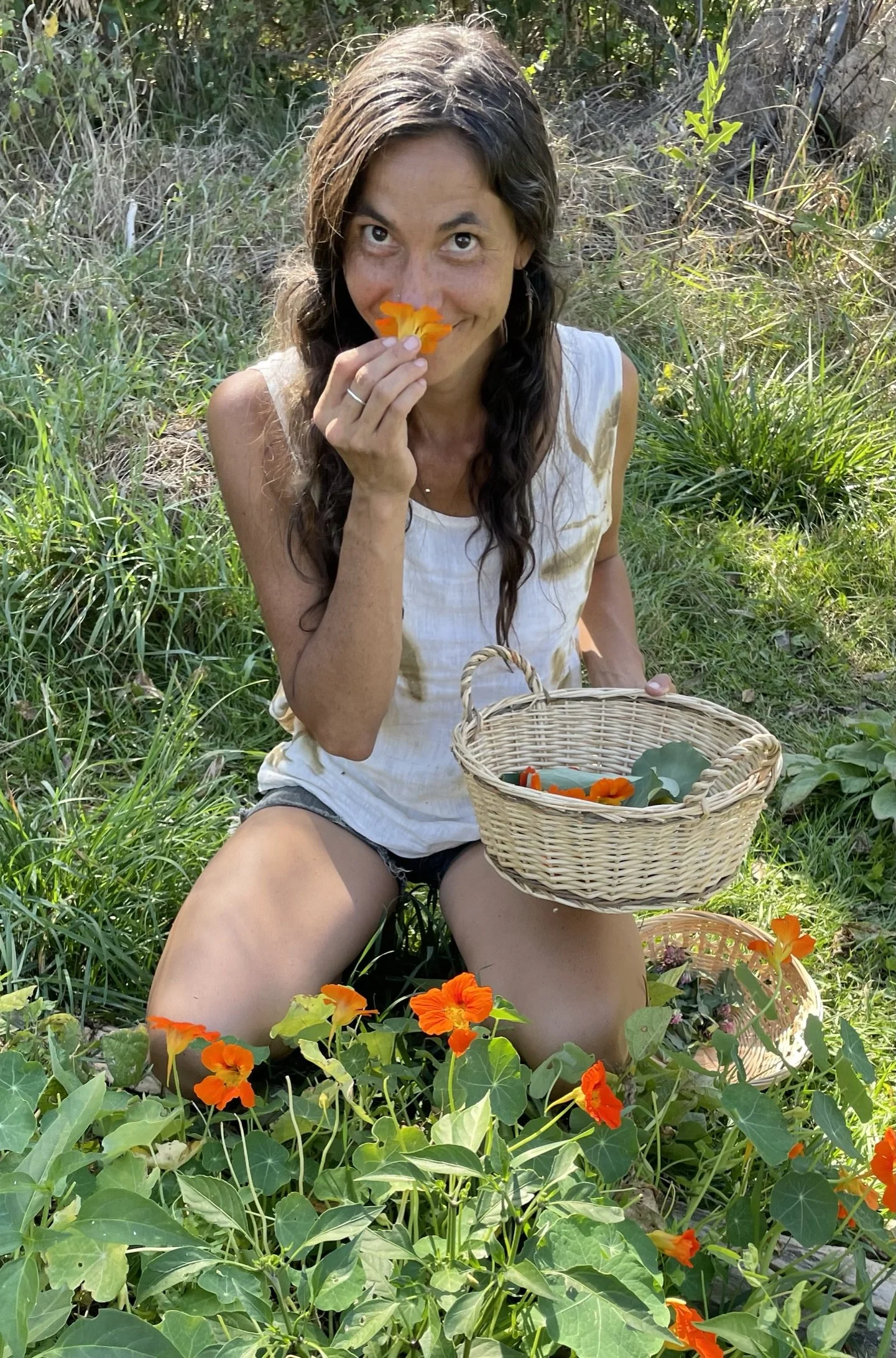
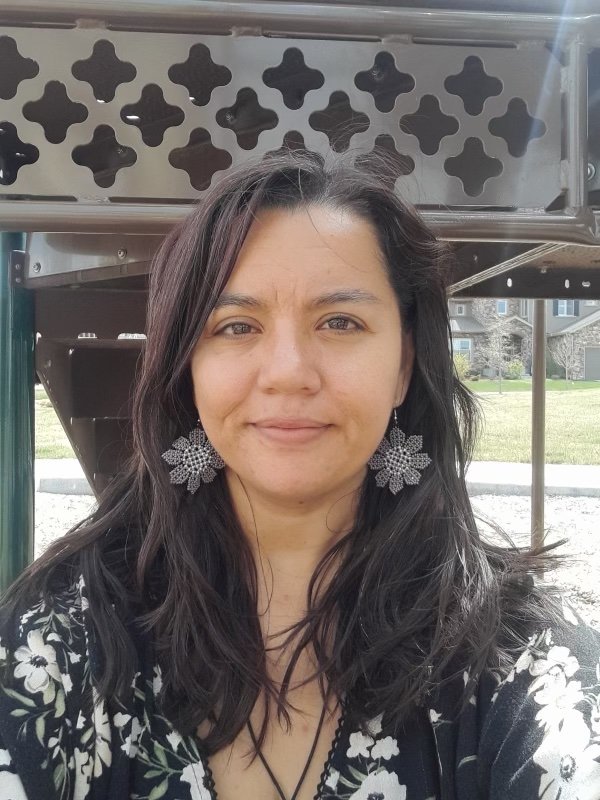


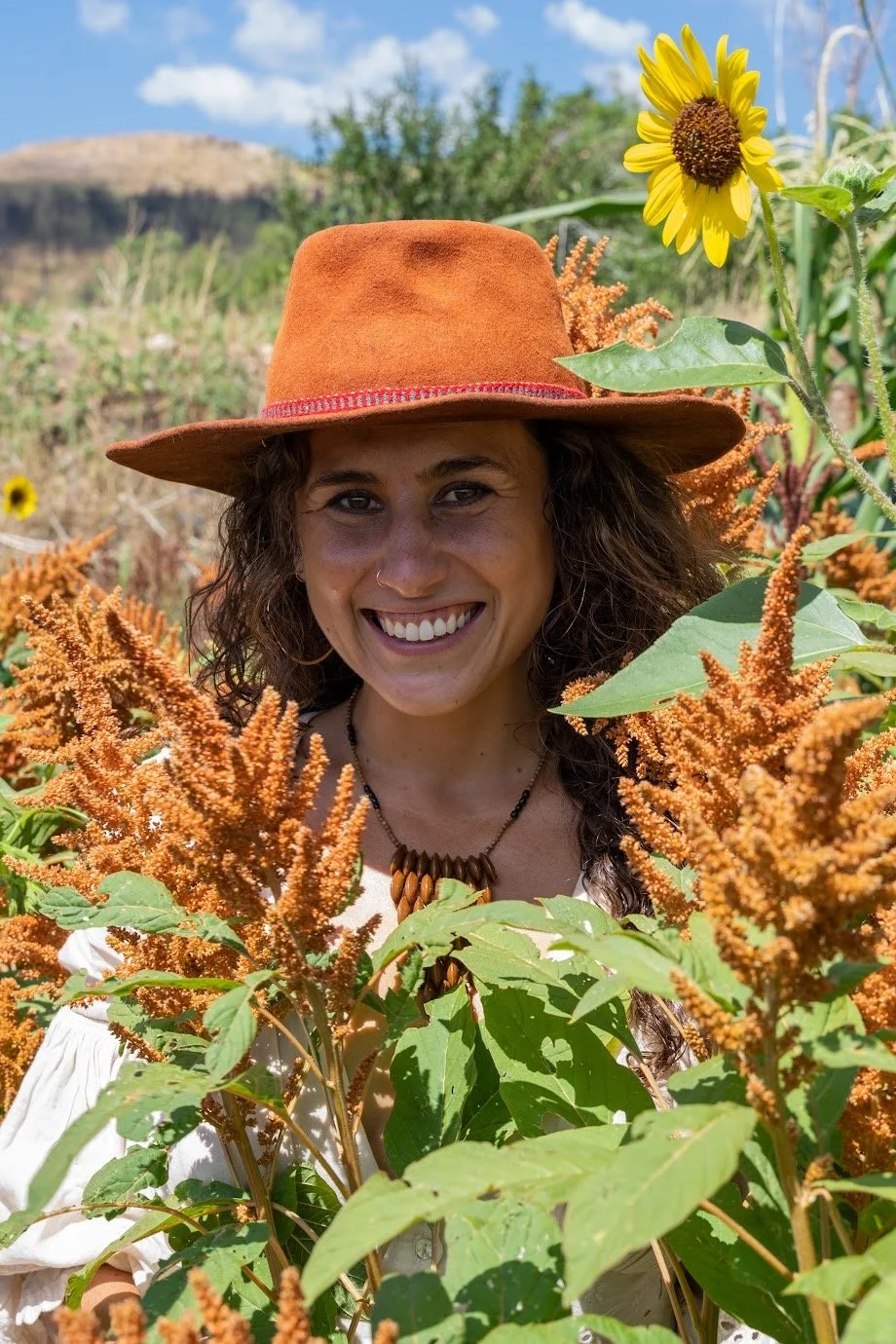
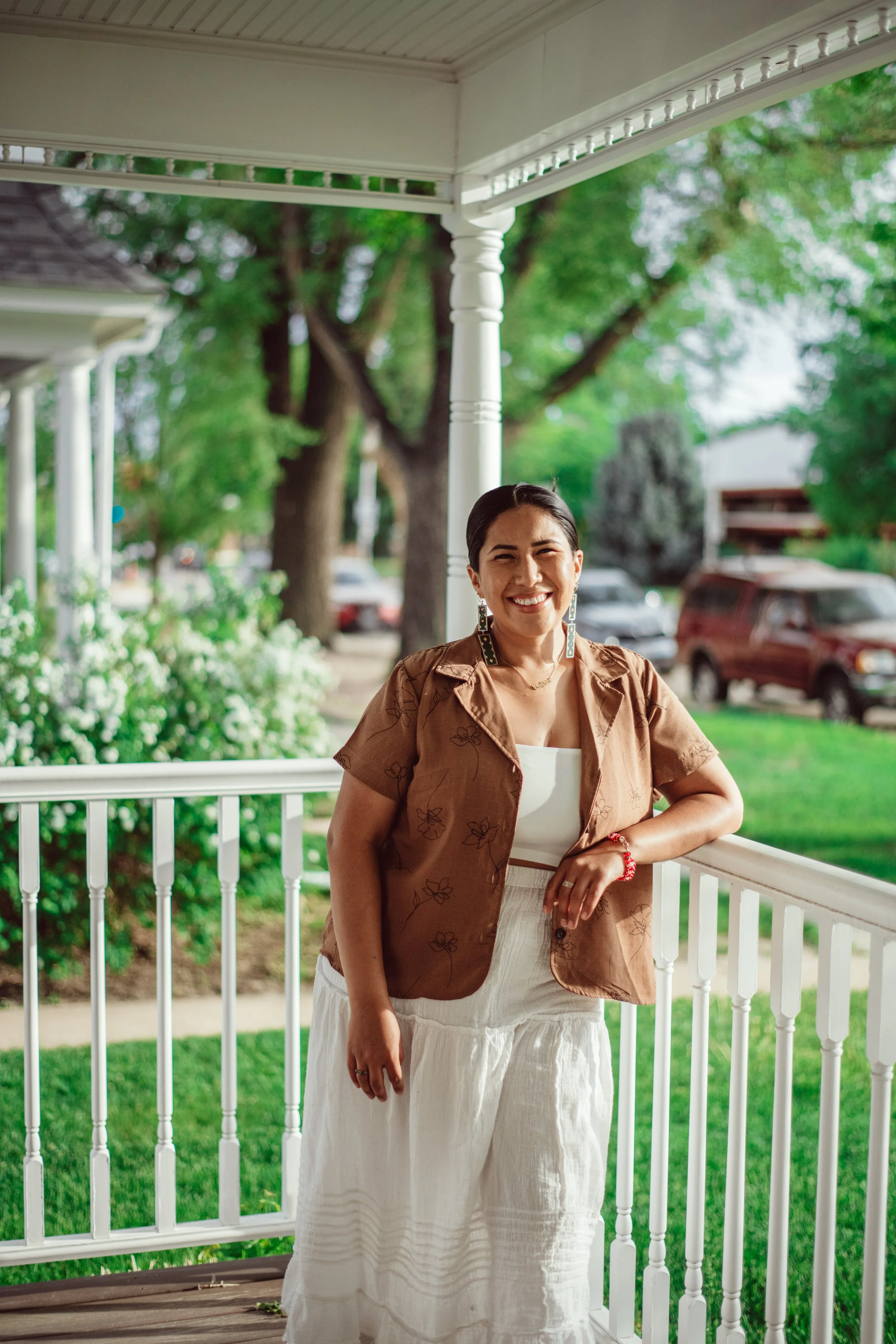
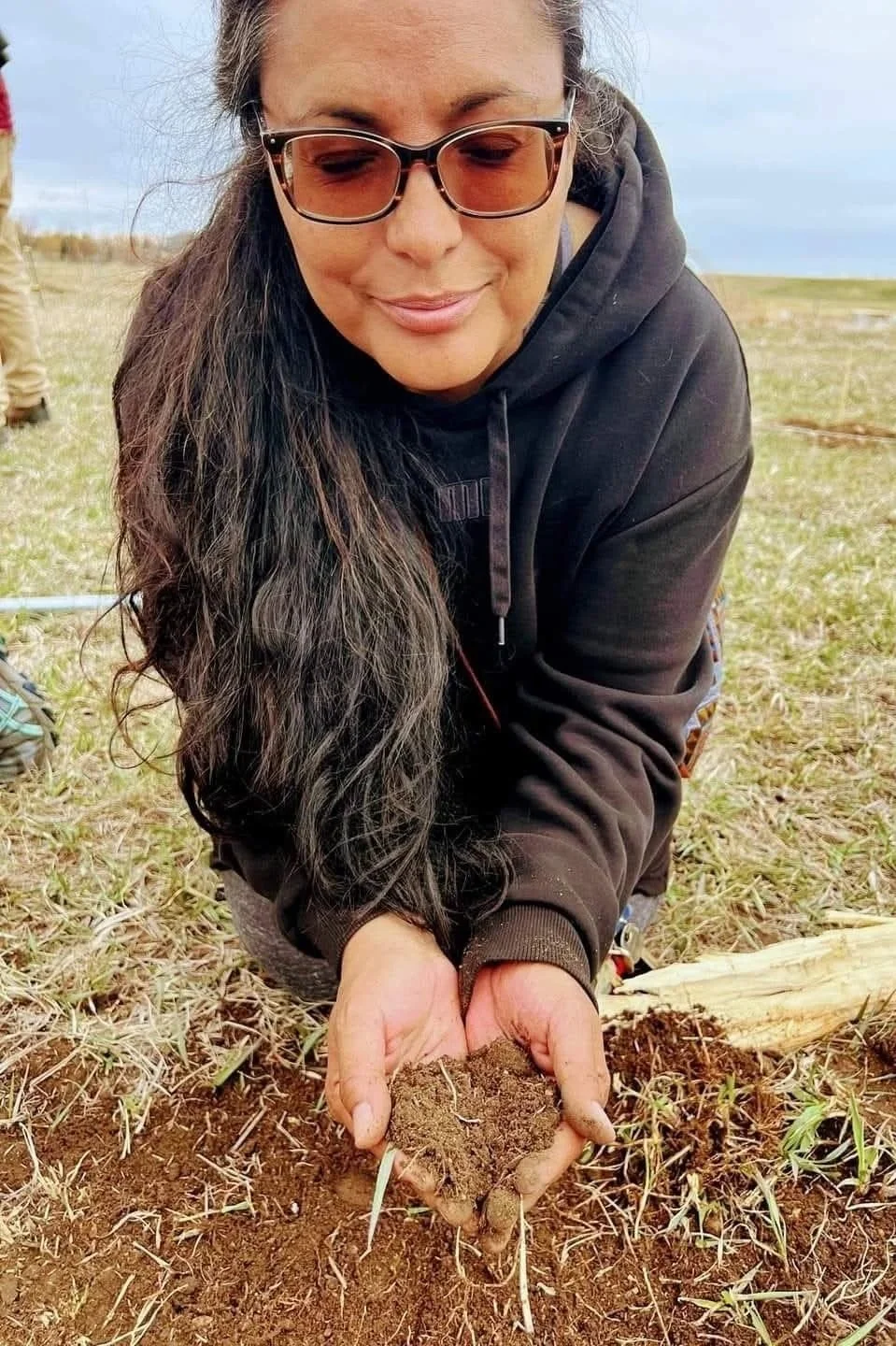

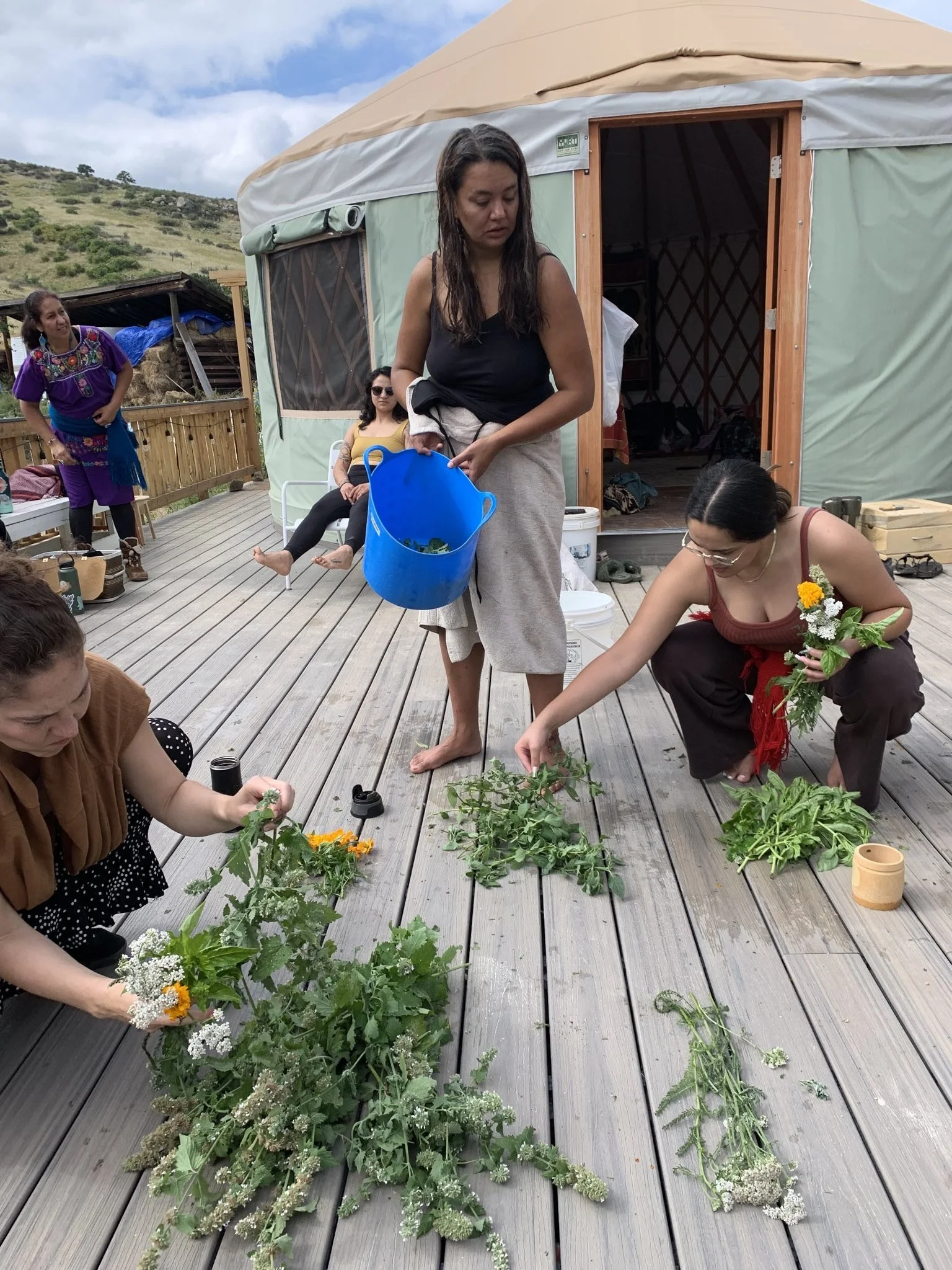
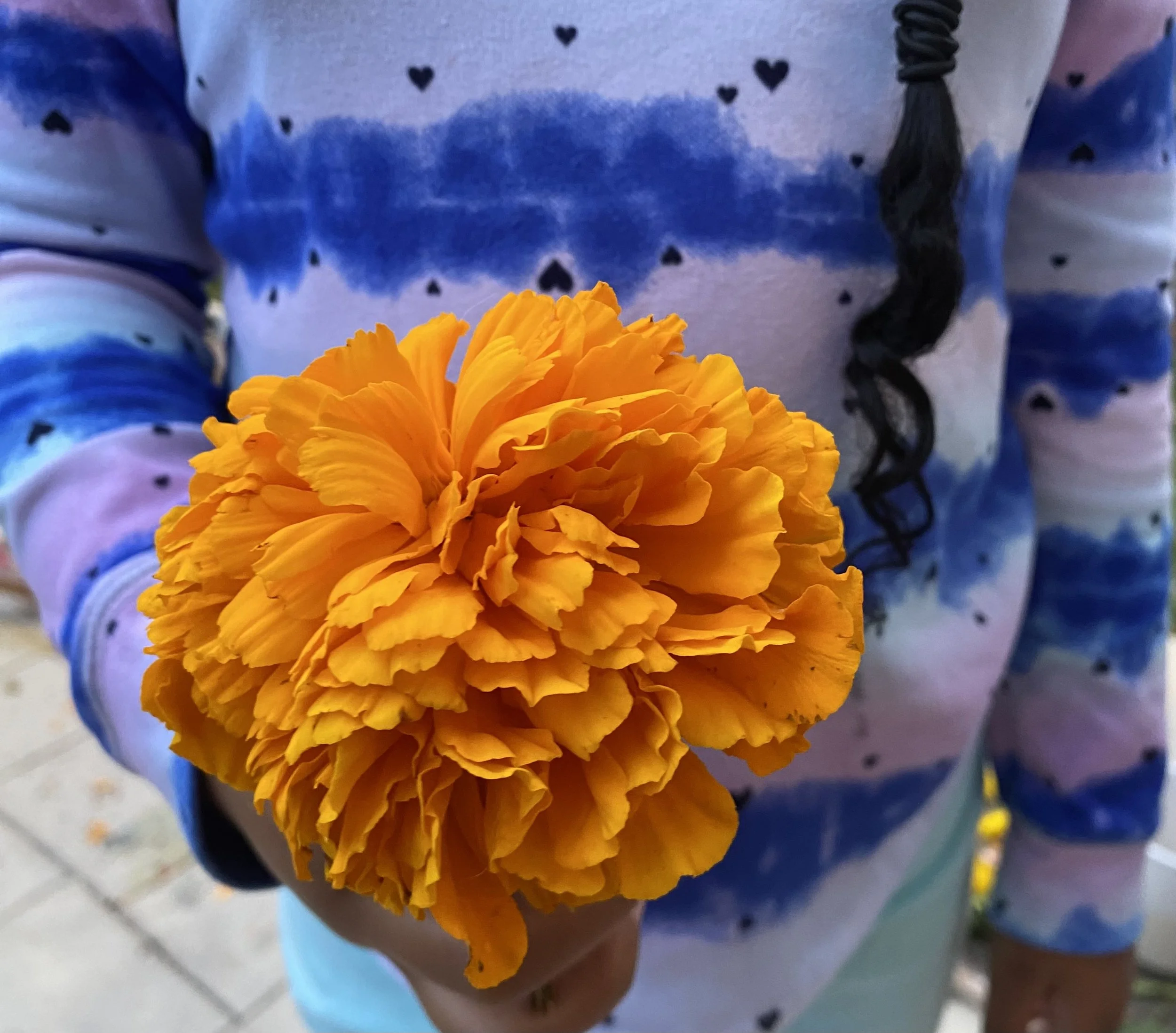

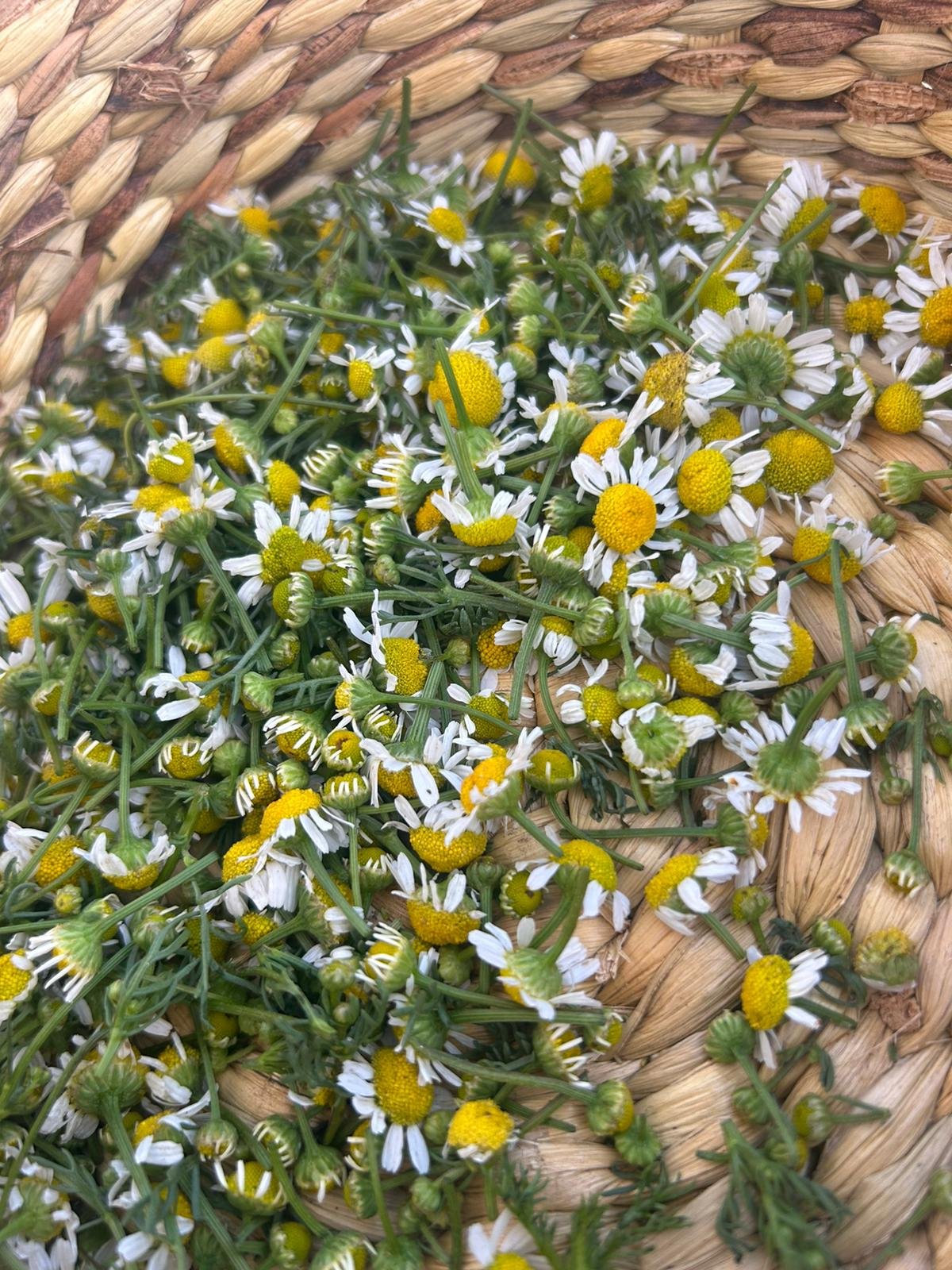
"This ceremony was immensely healing for me after enduring two difficult miscarriages over the course of just four months. I expected to be filled with grief during the ceremony and instead received a clear message that I had grieved enough and I then allowed joy to come through! In the last five days since the ceremony, I have felt an incredible shift in my energy. I feel my body gaining strength and my creative energy returning. During the ceremony in my home, Lo and Christina made me feel deeply safe, secure, held, and connected."